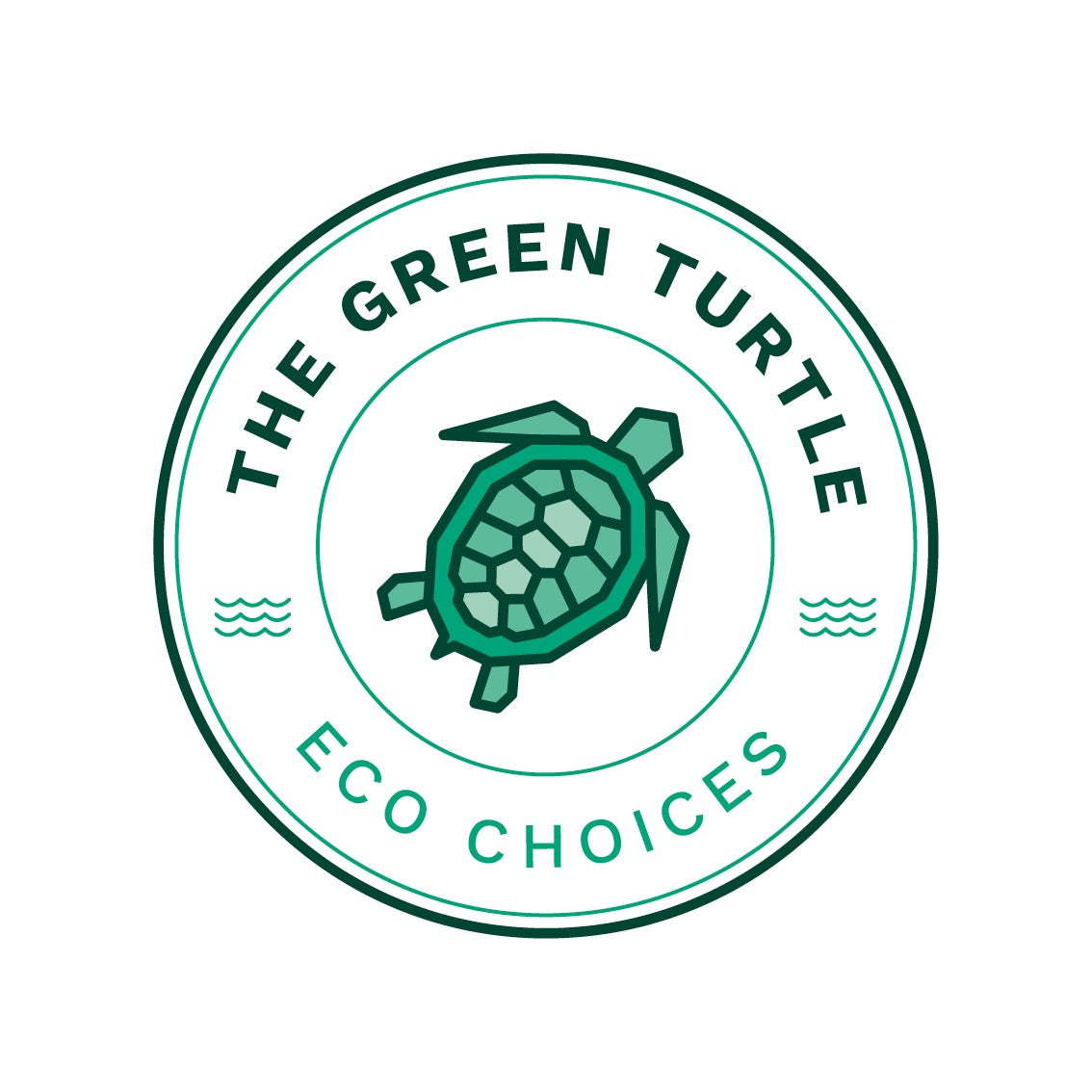
Many of us are thinking about how best to live in a more environmentally friendly way. One key consideration you might have is how to reduce your consumption and ultimately the waste you produce.
But money is tight! People often think choosing to live in a more environmentally friendly way is more expensive. It's certainly true that eco alternatives often cost more than the standard option. It's hard to resist the fantastic prices that supermarkets and shops do on shampoos, shower gels and 'buy one get one free' deals, especially when money is tight. Environmentally-friendly products can't often compete on price alone, because they look to ensure they are sourced from more environmentally sound materials, with reduced air miles, fair wages for workers and packaged in more expensive but environmentally preferable packaging.
Save money and be more sustainable
But living in a more environmentally friendly can also save you money and precious time! How?
- As we become more aware of the waste we produce, and the eco credentials of what we’re using, we often find that we buy far less 'stuff'. Shopping happens through necessity rather than a regular occurrence, saving lots of time too!
- Many ‘eco’ products last far longer than the plastic alternatives e.g. shampoo bars and soap bars (make sure you let them dry out between uses).
- When you're out and about you can also save money whilst helping save the planet through using your own reusable coffee cup (saving 25p to 50p in many coffee shops).
- Never buy a bottle of water again by bringing your own water bottle. Many places now refill reusable water bottles for free, and the number of refill stations in our streets are increasing every day – check out the refill app.
Take your time
- It makes sense to replace things over time, not just from a cost perspective but also from an eco point of view – it’s far worse to throw something away just because it’s packaged in plastic than to use it till done then think about what an alternative could be.
- Don't replace everything at once - use up all those old toiletries and kitchen items until they are absolutely done before looking at alternatives. Invest in some of the bigger replacements gradually.
- Make your own. Kitchen rags made from old towels or bedding can be reused and washed time and again. Kitchen cleaning products from good old-fashioned vinegar, water and lemon do the job just as well as shop bought, chemically-loaded cleaning products.
- Look at the long-term savings. A safety razor, for example, is far cheaper in the long run than a plastic razor, with five replacement blades costing just over a pound. Reusable baby wipes and sanitary products don't take as long to get used to as you might think and can save lots of money in the long-term. And consider organic soapnut shells for your laundry – a zero waste and natural alternative, with a 1kg bag costing only £12.99 and lasting up to a whopping 480 loads of laundry.
- Take your own tubs to refill shops if available locally. These are often far more cost-effective than you think, especially because you can buy just what you need and avoid food waste. Don’t buy lots of new tubs – those plastic ones you’ve had for years still do the job, as do reusing food jars and containers.
- Stop buying cards and wrapping paper and get creative with your own!
- Get friendly with your freezer - make batches of pancakes, muffins etc to avoid buying plastic packaging and save money (as well as avoiding all those additives). Plan your week's meals to avoid buying too much in the supermarket.
All of us making a small change is what can make the difference! Why not choose one of these areas and get started?

